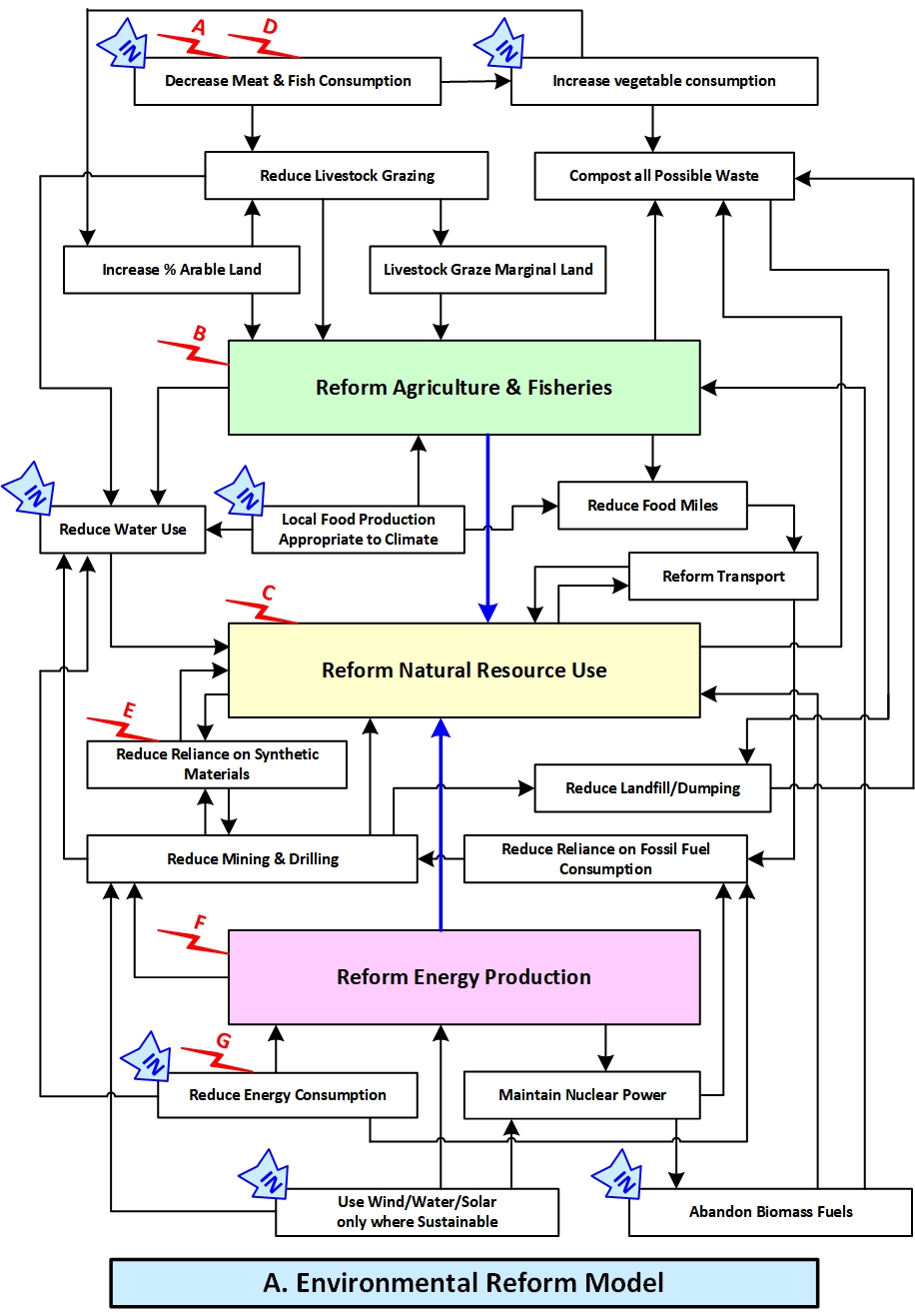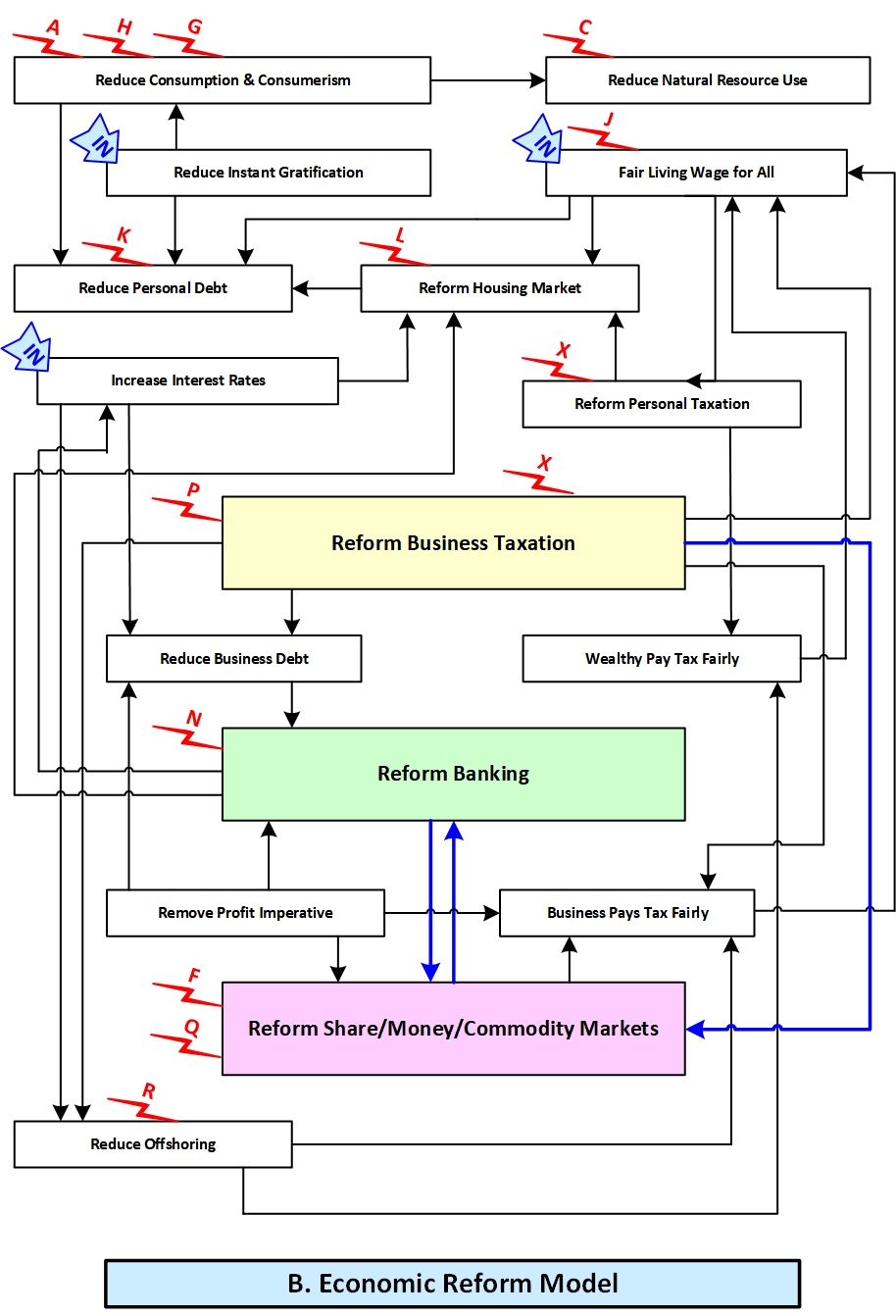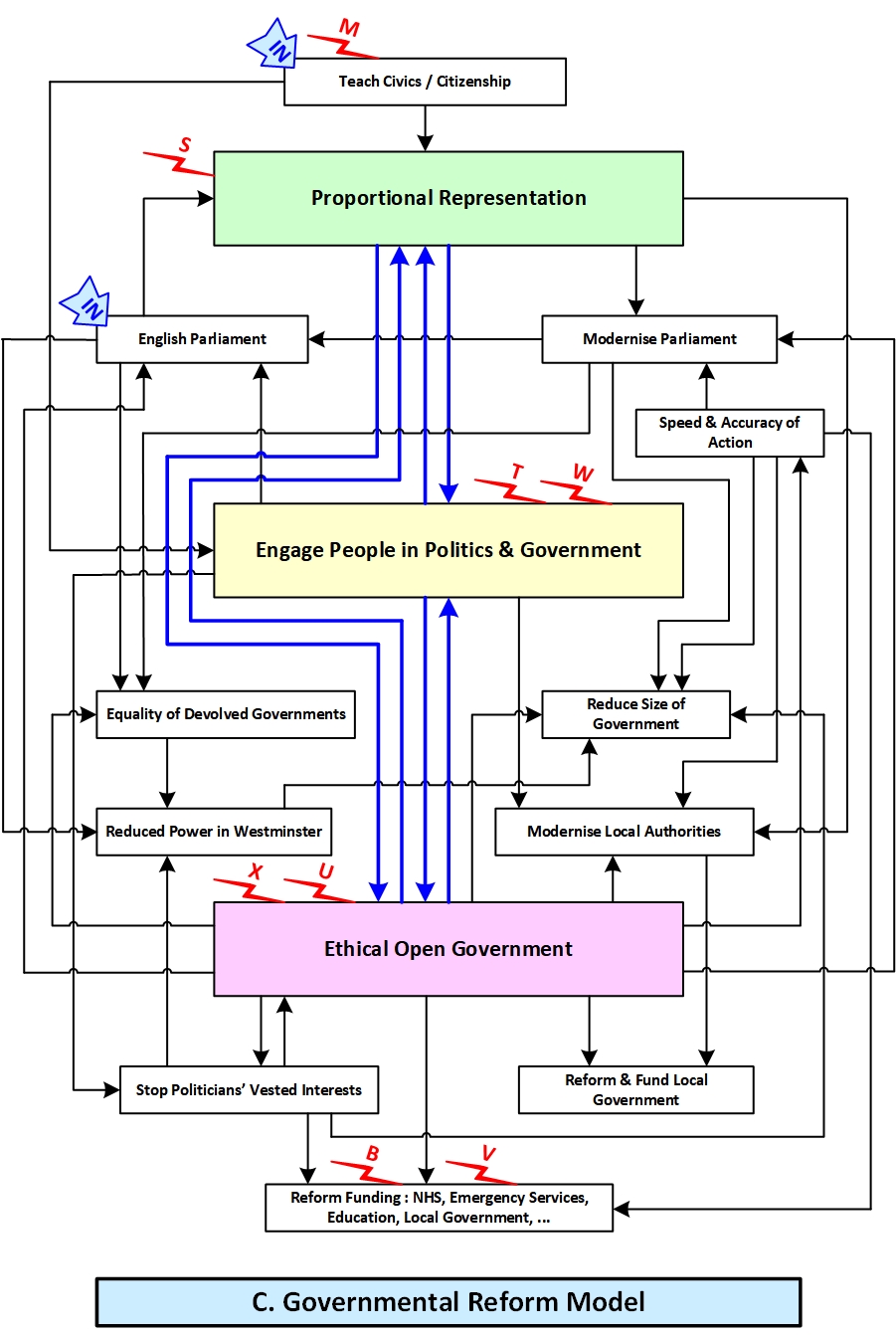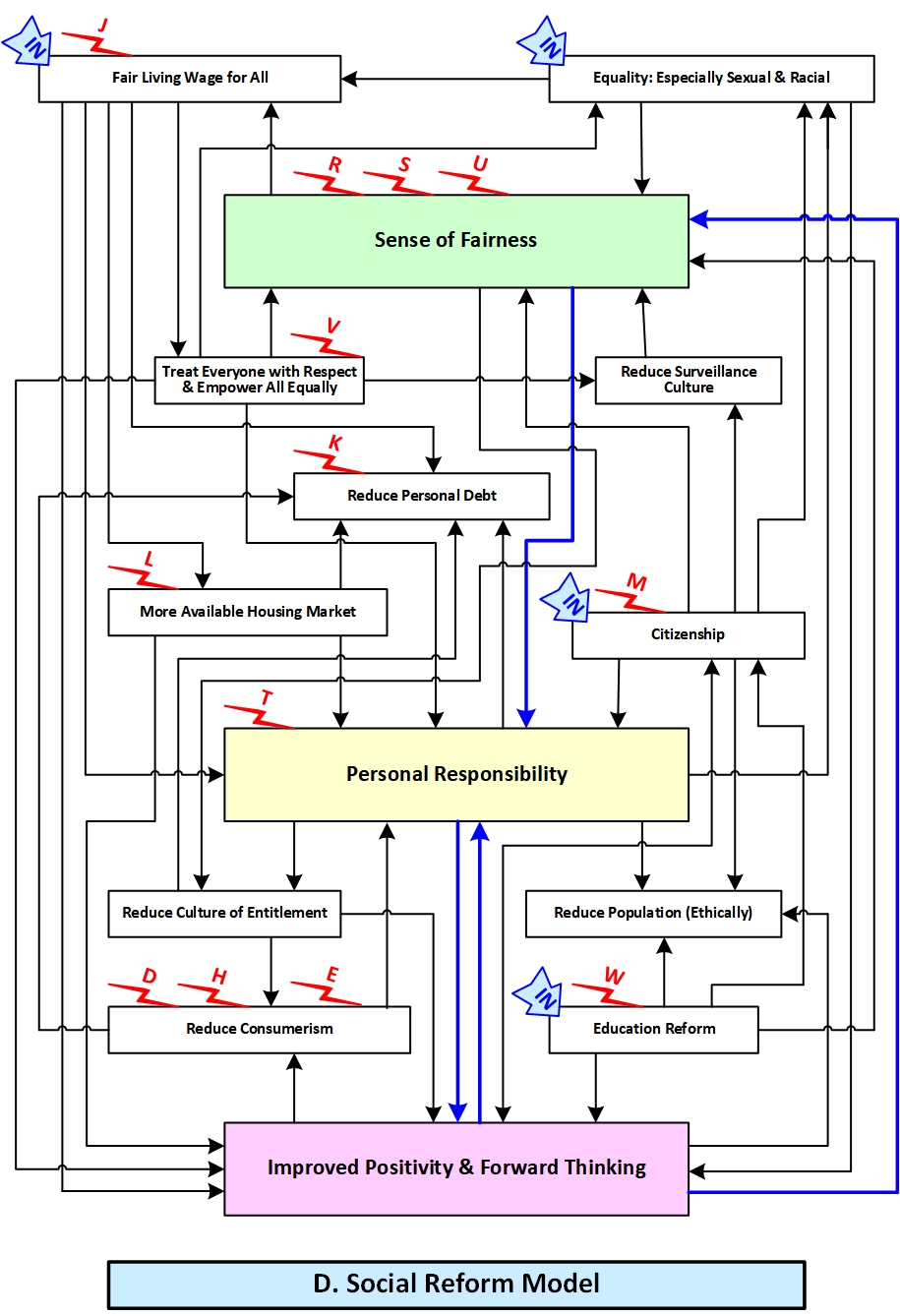Let’s think first about flu vaccination – not the vaccine itself but the logistics involved to get a needle stuck in my arm.
 It is very tempting to ridicule the NHS and the UK government for failures to supply sufficient vaccines – especially flu vaccine – in sufficient quantity, and on time, when the requirements are apparently well understood. And indeed there have been supply failures in recent years. However it is salutary to consider the complexities of the logistics involved.
It is very tempting to ridicule the NHS and the UK government for failures to supply sufficient vaccines – especially flu vaccine – in sufficient quantity, and on time, when the requirements are apparently well understood. And indeed there have been supply failures in recent years. However it is salutary to consider the complexities of the logistics involved.
Somewhere around 30 million doses of vaccine have to be manufactured, packaged and shipped. Those 30 million are split between six different vaccines, made by five different companies. And there are tens of thousands of shipping endpoints (almost 10,000 GP practices in England alone, plus pharmacies, hospitals, …), all with differing requirements.
30 million doses can’t be manufactured, packed and shipped in the twinkling of a politician’s brain. It takes time, and the NHS isn’t the only customer of the manufacturers. So the supply from manufacturer to NHS warehouse will be phased; so the final shipping to the endpoint will also likely be phased. Which means at any time a given vaccine may not be available at every outlet, even if they did get their requirements correct the first time.
Keep in mind too that these vaccines are temperature sensitive and must be held in refrigerated storage at all times. That too complicates the distribution.
All of that is before one even thinks about the GP identifying, and calling those eligible for vaccination, and making enough clinic time (space, appointments, clinicians) available to actually stick needles in arms. Oh and chasing up those who don’t respond.
I know from experience of logistics at a much simpler level it is almost impossible to get this 100% correct every single time — hard though one might try! It’s almost inevitable that on this scale things will go wrong; and the further back in the chain the problem occurs the bigger the knock on effect out at the clinic.
(Incidentally it’s the same with supermarkets and getting things like loo roll on the shelves. Don’t just blame people for panic buying – although, yes, they do – but think about the logistics and supply chain involved.)
Amazingly this works the vast majority of times in developed countries. For instance, the UK currently has among the highest national coverage of flu vaccine in the world, vaccinating around 75% of the over-65s against flu every year; most countries either do worse or have no vaccination programmes for older people. But in places where the infrastructure and healthcare systems are more fragile, things break down quite quickly.
Now let’s extend this to vaccine(s) for Covid-19.
First of all let’s say that all of the above logistics still apply, but things get worse …
We don’t yet have a vaccine (or vaccines), so as yet we have no clue how many of what we are trying to deploy, or where, or how.
We don’t know if the vaccine(s) will require refrigerated storage, or actual cold storage. If cold storage (ie. freezer temperatures) is required – and this seems likely for many of the vaccines currently being trialled – this hugely complicates the distribution chain (and makes it pretty much impossible in developing countries).
How many shots of vaccine are required to provide immunity? Will just a single shot be enough? Or will patients need a booster (or two, or three, …). Again it looks as is many of the potential vaccines will need a booster shot after a few weeks. That doesn’t just double the amount of vaccine required; it doubles everything right down to ensuring patients get their booster.
And who is eligible for the vaccine? And when? Government is likely to plan on getting the vaccine to the most important people (eg. healthcare workers, food supply people) first, followed by vulnerable groups, and then everyone else. Ultimately they will want to catch everyone (barring the small number of nay-sayers): that’s 60+ million in England alone, with potentially two shots of vaccine – so four or five times the flu programme.
That’s a potential 120+ million doses of vaccine for England alone together with a huge amount of distribution and a great deal of clinical effort. That deployment will take time; maybe as much as an elapsed year! By which time the first recipients may need repeat vaccination if the immunity decays, as it well may.
All of that is before we even think about … How effective the vaccine(s) are (no vaccine is 100% effective). How many vaccines are available. Are particular vaccines (in)appropriate for particular groups of patients. How do we handle the case where the first vaccine available is followed up by one which is much more effective? – Do we revaccinate the first recipients now, or later, or not at all? What advertising campaign, or other incentives (maybe even legislation?), do we need to ensure the vast majority of people get vaccinated?
Of course, we don’t yet have a vaccine to deploy. The front runners are all still in Phase III trials which are unlikely to complete until at least the end of this year. Even if one (or more) of the candidate vaccines looks really good, it is very unlikely we’ll see an emergency approval much before next Spring. And then there may be the question of how that affects other ongoing trials.
Now you can be pretty sure that there will be people in the Department of Health and the NHS sweating blood to try to work all this out, now, even before we have a vaccine. And however well they do their job you can be sure they will get some of it wrong – because the problem is just too complex and contains too many risks and pitfalls. It isn’t at all easy, and it’s human nature to complain when things don’t work perfectly, but it helps to try to see the bigger picture.
So … (a) cut the healthcare system some slack when things don’t work 100% every time, but (b) do call the government to account if it’s their policies which cause the failures, and (c) don’t pin all your hopes on a Covid-19 vaccine being available to everyone (anyone?) real soon.
Further Reading
- Derek Lowe; “The Vaccine Tightrope”; Science Translational Medicine; 21 October 2020; https://blogs.sciencemag.org/pipeline/archives/2020/10/21/the-vaccine-tightrope
- David Salisbury; “If you’re pinning your hopes on a Covid vaccine, here’s a dose of realism”; Guardian; 21 October 2020; https://www.theguardian.com/commentisfree/2020/oct/21/covid-vaccine-immunisation-protection
- Jeremy Farrar; “Let’s get real. No vaccine will work as if by magic, returning us to ‘normal’”; Guardian; 6 September 2020; https://www.theguardian.com/commentisfree/2020/sep/06/lets-get-real-no-vaccine-will-work-as-if-by-magic-returning-us-to-normal
- Derek Lowe; “Cold Chain (And Colder Chain) Distribution”; Science Translational Medicine; 31 August 2020; https://blogs.sciencemag.org/pipeline/archives/2020/08/31/cold-chain-and-colder-chain-distribution
- Derek Lowe; “Preparing For the Vaccine Results”; Science Translational Medicine; 25 August 2020; https://blogs.sciencemag.org/pipeline/archives/2020/08/25/preparing-for-the-vaccine-results
- Megan Scudellari; “How the pandemic might play out in 2021 and beyond”; Nature; 5 August 2020; https://www.nature.com/articles/d41586-020-02278-5


 It is very tempting to ridicule the NHS and the UK government for failures to supply sufficient vaccines – especially flu vaccine – in sufficient quantity, and on time, when the requirements are apparently well understood. And indeed there have been supply failures in recent years. However it is salutary to consider the complexities of the logistics involved.
It is very tempting to ridicule the NHS and the UK government for failures to supply sufficient vaccines – especially flu vaccine – in sufficient quantity, and on time, when the requirements are apparently well understood. And indeed there have been supply failures in recent years. However it is salutary to consider the complexities of the logistics involved. 
 [Incidentally, there’s a useful summary article on
[Incidentally, there’s a useful summary article on  But DNA can twist the other way (left-handed) to form Z-DNA. This has been known for some time, but it is now thought it may have a role in cancer and autoimmune diseases. Even more bizarre is that short sections of normal DNA can flip to Z-DNA and this obviously has a major control on how the whole of the transcription process (which turns DNA code into proteins) works (or doesn’t work) – and that may be important for the prevention of autoimmune diseases or the growth of cancer.
But DNA can twist the other way (left-handed) to form Z-DNA. This has been known for some time, but it is now thought it may have a role in cancer and autoimmune diseases. Even more bizarre is that short sections of normal DNA can flip to Z-DNA and this obviously has a major control on how the whole of the transcription process (which turns DNA code into proteins) works (or doesn’t work) – and that may be important for the prevention of autoimmune diseases or the growth of cancer. 





